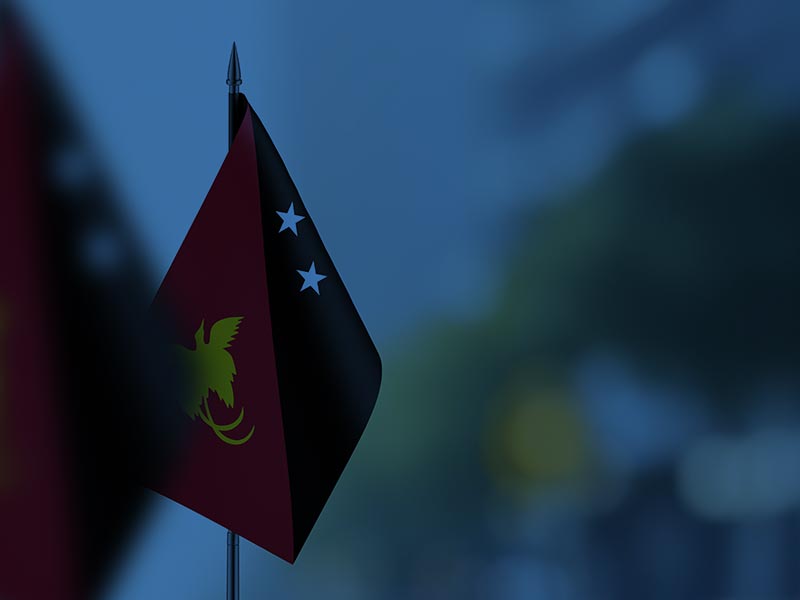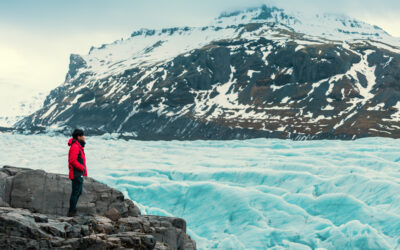Papua New Guinea (PNG) is home to over 800 languages, making it one of the most linguistically diverse countries in the world. This extraordinary variety accounts for nearly 12% of the world’s languages, with a population of around 9 million people. The languages are primarily divided into two groups: Austronesian and Papuan.
Austronesian languages, found mainly in coastal regions, include widely spoken languages like Tolai and Motu. These languages typically feature simpler grammatical structures, often adhering to a subject-verb-object (SVO) word order. Hiri Motu, for example, was developed as a trade language and is characterized by its accessibility.
In contrast, Papuan languages, predominantly spoken in the interior highlands, are highly diverse and do not belong to a single family. Languages such as Enga and Huli exhibit complex grammatical systems, including intricate verb conjugations and multiple noun classes. Some Papuan languages are also tonal, where pitch variations can change word meanings.
Additionally, Tok Pisin, a creole language derived from English, serves as a lingua franca and one of PNG’s official languages. While it simplifies many aspects of English, it incorporates indigenous vocabulary, reflecting the country’s rich cultural tapestry and linguistic heritage.
Related Articles
The History of Dominoes—A Game of Strategy and Chance
Dominoes, with their iconic rectangular tiles, have entertained and challenged players for centuries. The game originated in China around the 12th century, where early dominoes were designed to...
The Science of Glaciers—Rivers of Ice
Glaciers, massive rivers of ice that move over land, are among Earth’s most powerful natural forces. Formed from layers of compressed snow over thousands of years, glaciers can be found on every...
The Invention of Roller Coasters—Thrills Through Time
Roller coasters, the heart-pounding rides we know today, have a history that begins with a much chillier inspiration: 17th-century Russian ice slides. These slides, made of wood and ice, were...





